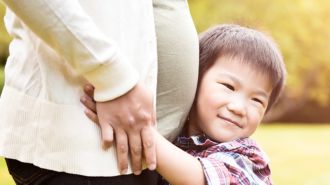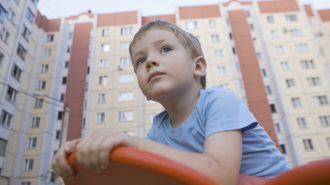
- Our studies
- Our research
- Publications and resources
- Data access and training
- About
- News
- Events
- Get in touch
- Join our mailing list

We undertake multidisciplinary research on issues that affect all our lives: child development, education, social mobility, health and wellbeing, families and family life, and ageing. We also conduct research into survey methods, and applied statistical methods.
Our applied statistical methods programme specialises in methods for dealing with attrition, causal identification, and data harmonisation.
Our research helps tackle some of the key challenges we face in our society today.
To find out more, explore the links below.

The aim of this work is to help improve outcomes for the third of pupils who leave compulsory schooling every year lacking basic English and maths skills.

This project examines ‘First in Family’ (FiF) students in higher education, whose parents did not attend university and obtain a degree. We compare their choices, their trajectories and their labour market outcomes.

This project aims to examine the experiences of care leavers who became parents (of cohort members) and the intergenerational impact on their children’s outcomes, from childhood into early adulthood. The research uses information from the 1970 British Cohort Study and…

Through the Millennium Cohort Study (MCS) we have been following the lives of over 19,500 people since they were born in the UK at the turn of the new century. Here you can read our initial findings from the Age…

This project aims to develop a conceptual and empirical understanding of social isolation across the life course and generate comparable measures across cohorts.
The relationship between social isolation and wellbeing will be documented from a life course and cross-generational perspective.

This project aims to advance our understanding of whether Medically Assisted Reproduction (MAR) affects the wellbeing of families, and if so why. Using the UK Millennium Cohort Study and Population Registers from Nordic Countries and the USA, we analyse MAR’s…

Using data from the 1958 National Child Development Study (NCDS), the 1970 British Cohort Study (BCS70), the Millennium Cohort Study (MCS), and the 1946 National Survey for Health and Development, this project aims to investigate the consequences of growing up…

Through the Millennium Cohort Study (MCS) we have been following the lives of over 19, 500 people since they were born in the UK at the turn of the new century. Here you can read our initial findings from the…

This project aimed to investigate how changes in parental employment have affected childhood weight and if/how this effect has been changing over the last five decades. The project was part of the Cross Cohort Research Programme.

This project investigated the influence of work and family status on exercise and sedentary behaviour in childhood and adult life, taking account of intersections with socio-economic position and gender. The project was part of the Cross Cohort Research Programme.

For this project the research team used machine learning tools to explore whether essays written by 11-year-olds in 1969 provided clues to their economic status, physical activity, health, and cognitive function in later life.

Using data from three of our cohort studies, this project aimed to understand how parents’ long-term financial position shapes their children’s outcomes from an early stage. This was part of the Cross Cohort Research Programme.